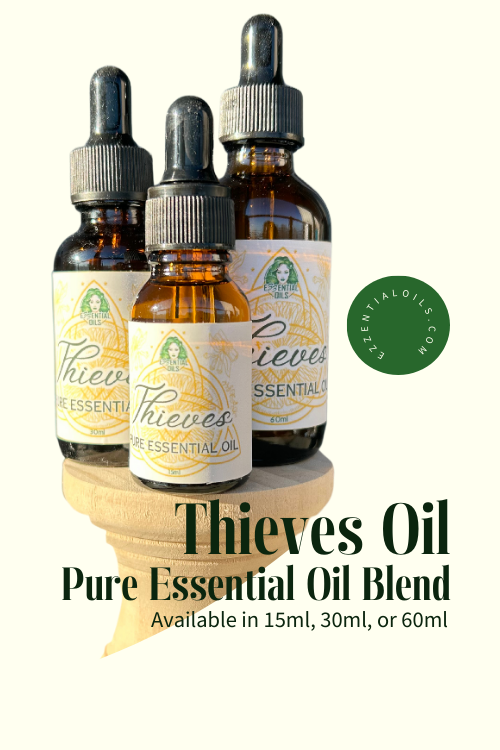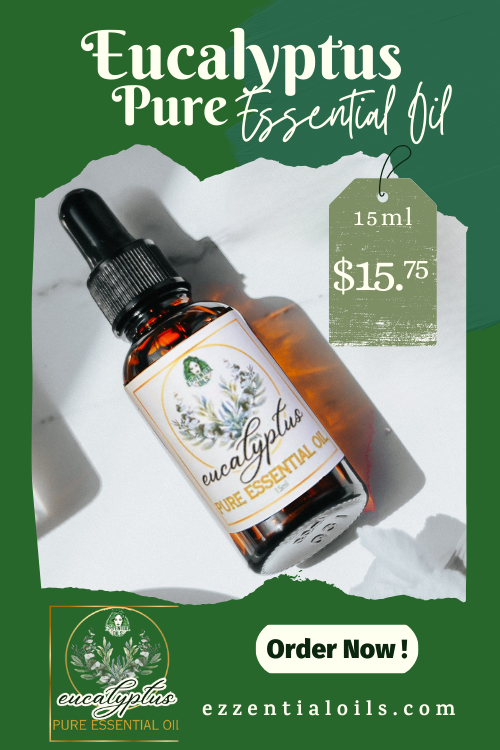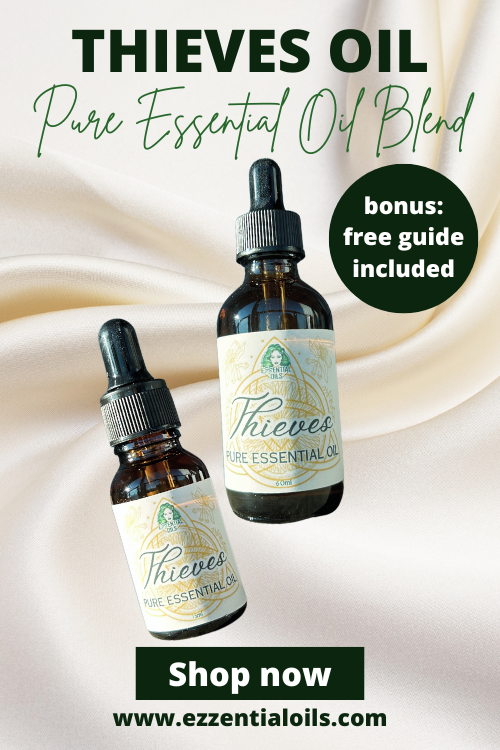Discover Aromatherapy

In the fast-paced and often stressful world we live in, people are constantly seeking natural and holistic ways to improve their well-being and overall quality of life. Aromatherapy, an ancient practice with roots dating back thousands of years, has emerged as a powerful tool in this quest for wellness. This therapeutic approach harnesses the scents and essences of various plant-based oils to promote physical, mental, and emotional healing. In this article, we will delve into the fascinating world of aromatherapy, exploring its history, principles, and the myriad of ways in which it can positively impact our lives.
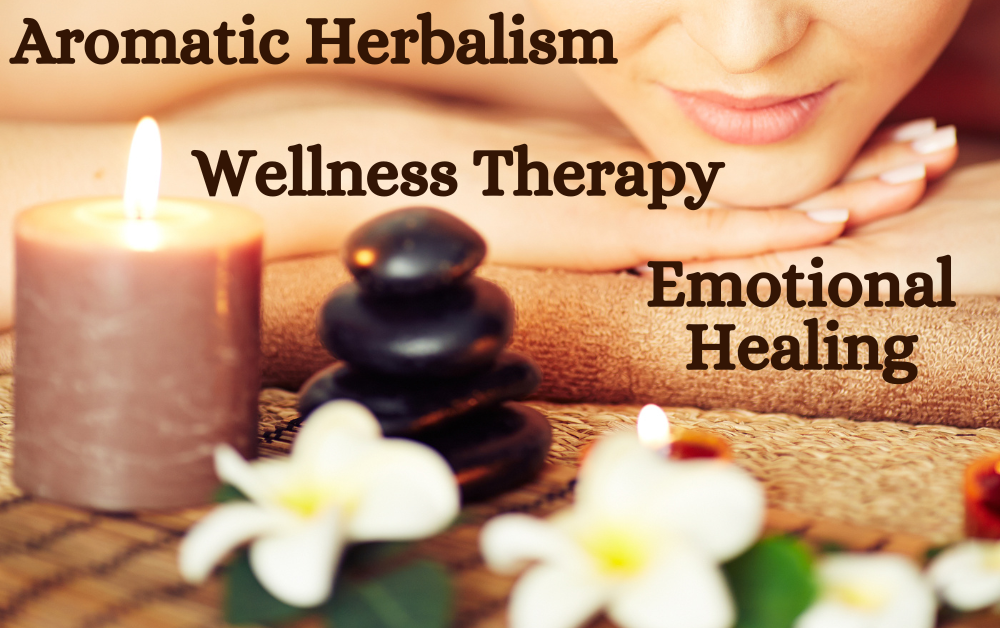
Aromatherapy, sometimes referred to as essential oil therapy or aromatic herbalism, has gained widespread popularity for its ability to offer relaxation, stress relief, and even relief from certain physical ailments. From the calming influence of lavender to the invigorating scent of peppermint, each essential oil used in aromatherapy carries its unique set of benefits. Beyond just pleasant fragrances, these natural oils possess potent properties that can aid in everything from improving sleep quality to soothing sore muscles.
The Science Behind Aromatherapy
Aromatherapy is a holistic healing practice that harnesses the power of aromatic compounds from essential oils to promote physical, emotional, and mental well-being. This science is rooted in the belief that fragrant plant extracts possess therapeutic properties capable of influencing our body and mind. Essential oils, which are highly concentrated extracts obtained from various parts of plants, such as leaves, flowers, or roots, contain volatile organic compounds that give them their distinctive scents. When these oils are inhaled or applied to the skin, they interact with the body in several ways, including stimulating the olfactory system and triggering physiological responses.
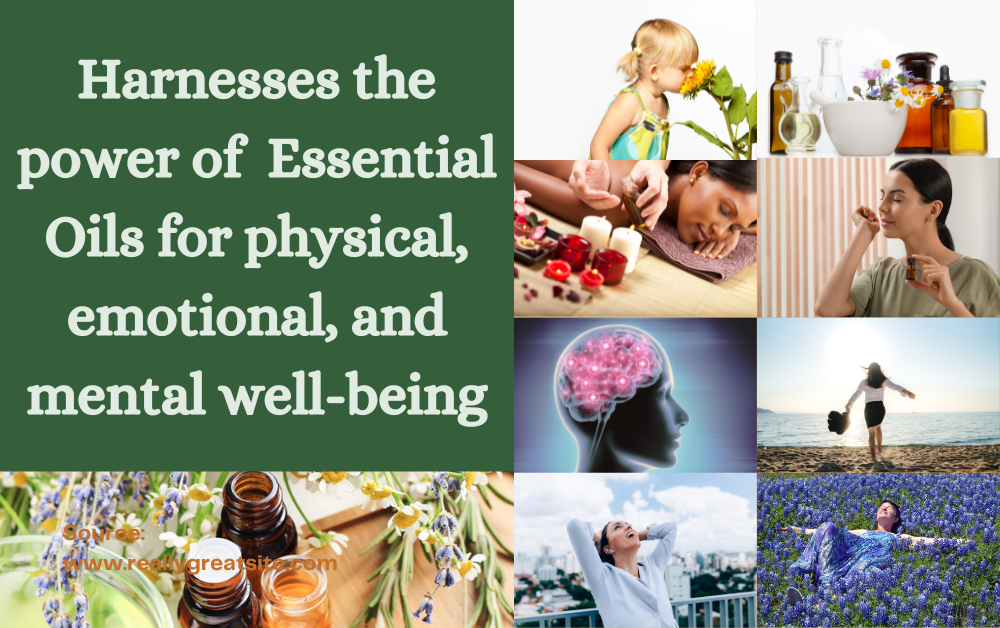
The olfactory system plays a pivotal role in aromatherapy. When we inhale the aroma of essential oils, the olfactory receptors in our nasal passages send signals to the brain's limbic system, which is responsible for regulating emotions, memories, and basic functions like heart rate and blood pressure. This direct connection between scent and the brain explains why certain aromas can evoke strong emotional responses or trigger memories. Aromatherapists use this knowledge to select specific essential oils that can help reduce stress, alleviate anxiety, improve mood, or even promote relaxation and better sleep. Additionally, essential oils can be diluted and applied topically, allowing their active compounds to be absorbed through the skin, offering localized relief for conditions like muscle pain or skin irritations.
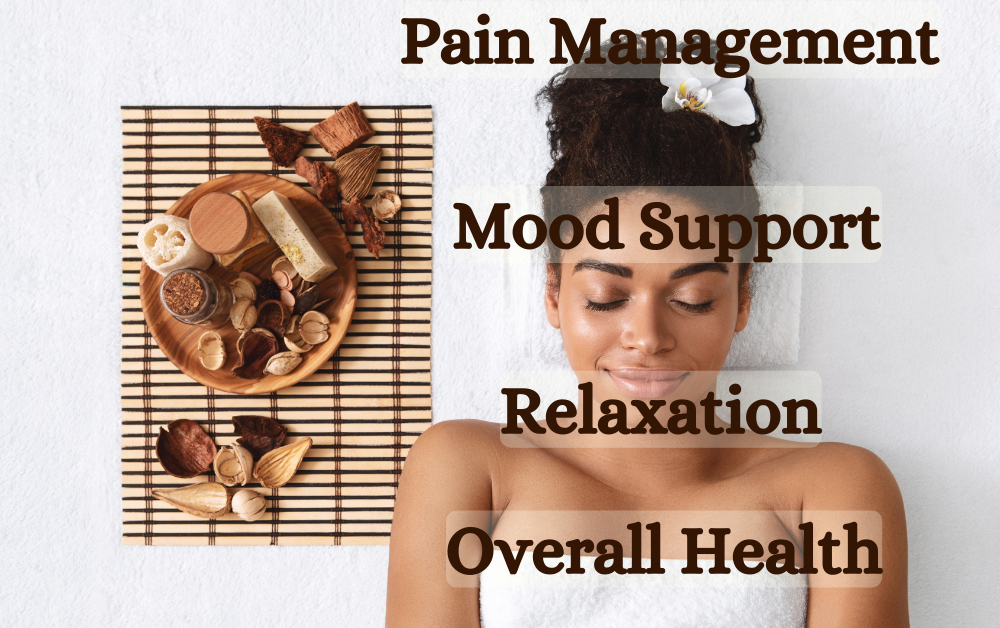
The science of aromatherapy is continuously evolving, with ongoing research shedding light on its potential benefits and applications. While it is not a replacement for conventional medical treatments, aromatherapy is increasingly recognized as a complementary approach to enhance overall well-being. Scientists are exploring its impact on various aspects of health, including pain management, sleep disorders, and even its potential as an adjunct therapy for conditions like depression and anxiety. As the understanding of essential oils and their therapeutic properties deepens, aromatherapy continues to be a fascinating and promising field within the realm of natural healing modalities.
Explore Essential Oils
The history of essential oils is a rich tapestry that weaves together the ancient wisdom of various civilizations and their profound understanding of the healing properties of aromatic plant extracts. The origins of essential oils can be traced back to ancient civilizations such as Egypt, where they were an integral part of religious rituals, perfumes, and medicine. The Ebers Papyrus, dating back to around 1550 BCE, contains references to the use of essential oils for medicinal purposes, showcasing the deep-rooted history of their therapeutic applications.
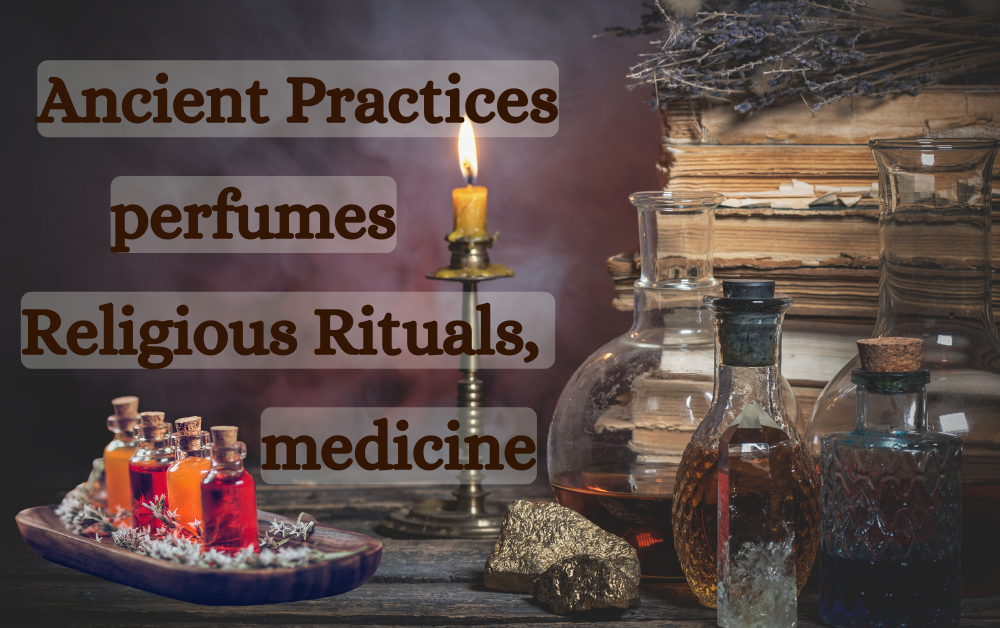
In the ancient world, essential oils were also revered in cultures like Greece and Rome. The renowned Greek physician Hippocrates, often referred to as the father of modern medicine, recognized the value of essential oils in treating various ailments. His work laid the foundation for the use of essential oils in holistic healing practices. Similarly, the Romans incorporated essential oils into their daily lives, using them in baths, massages, and perfumes. The use of aromatic plant extracts also spread to Asia, where the ancient Chinese and Indian civilizations began to explore their potential in traditional medicine and spiritual practices.
During the Middle Ages, essential oils continued to play a vital role in European society. With the rise of alchemy and herbalism, the knowledge of essential oils and their therapeutic properties expanded. Essential oils were used not only for their medicinal benefits but also for their role in preserving food and creating fragrances. However, it wasn't until the 19th century that essential oil extraction methods began to evolve, thanks to advancements in distillation techniques. This marked a turning point in the history of essential oils, making them more accessible and widely used in the fields of medicine, aromatherapy, and perfumery, ultimately shaping their modern significance.
It was not until the 20th century that the term "aromatherapy" was coined by a French chemist and perfumer, René-Maurice Gattefossé. In a serendipitous laboratory incident, Gattefossé severely burned his hand and instinctively plunged it into a vat of lavender essential oil. Astonishingly, his burn healed rapidly and with minimal scarring. This incident ignited his curiosity, leading him to investigate the therapeutic potential of essential oils. Gattefossé's groundbreaking work culminated in his 1937 book, "Gattefossé's Aromatherapy," which introduced the term to the world and laid the foundation for modern aromatherapy practices. Today, aromatherapy has evolved into a holistic wellness discipline that harnesses the natural essence of plants to enhance physical, mental, and emotional health, continuing to honor its ancient origins while embracing the advancements of contemporary science.
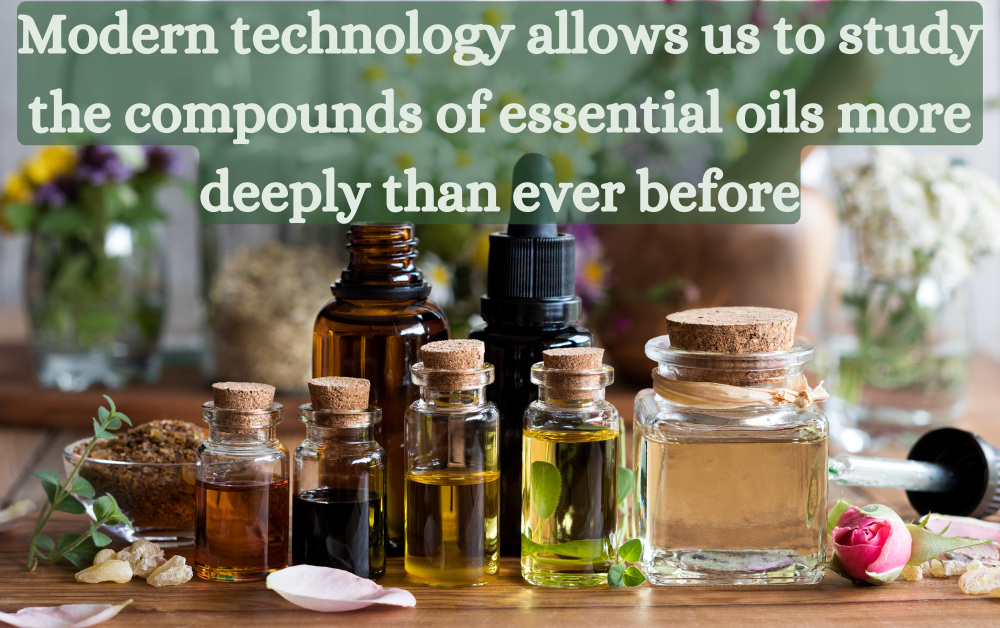
In recent years, there have been remarkable advancements in the scientific understanding of essential oils. Researchers have delved into their chemical composition, extraction methods, and therapeutic applications. Modern technology has allowed for more precise and efficient extraction processes, ensuring the preservation of the oil's natural properties.
Today, there are over 100 essential oils with known benefits. We invite you to explore our extensive directory to learn more about each oil and what it can do for you. Explore Essential Oils
Incorporating Aromatherapy Into Your Everyday Life
Aromatherapy, the practice of using natural scents and essential oils to promote physical and psychological well-being, can be seamlessly incorporated into your daily routine. Whether you're seeking relaxation, increased focus, or relief from various ailments, aromatherapy offers a wide array of options to enhance your quality of life. Here are several ways to make aromatherapy a part of your everyday experience.
Aromatherapy at Home
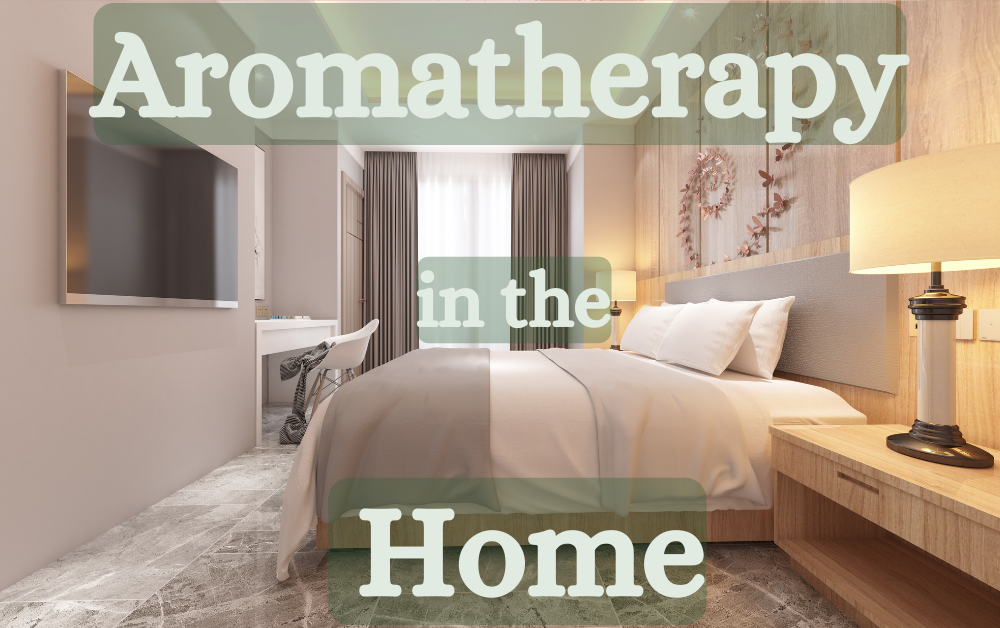
Diffusers: Invest in an essential oil diffuser to disperse fragrant oils throughout your home. Use lavender for relaxation, peppermint for energy, or eucalyptus for clearing the air.
Scented Candles: Choose candles infused with essential oils to create a soothing atmosphere. Vanilla and chamomile can induce calmness, while citrus scents like lemon and orange can uplift your mood.
Bedtime Rituals: Spritz your pillow with a lavender essential oil mist before sleep to promote restful slumber. Alternatively, add a few drops of lavender oil to your bedtime bath.
DIY Cleaning Products: Make your own natural cleaning solutions using essential oils like tea tree, lemon, or eucalyptus to add a refreshing scent while cleaning.
Aromatherapy on the Go
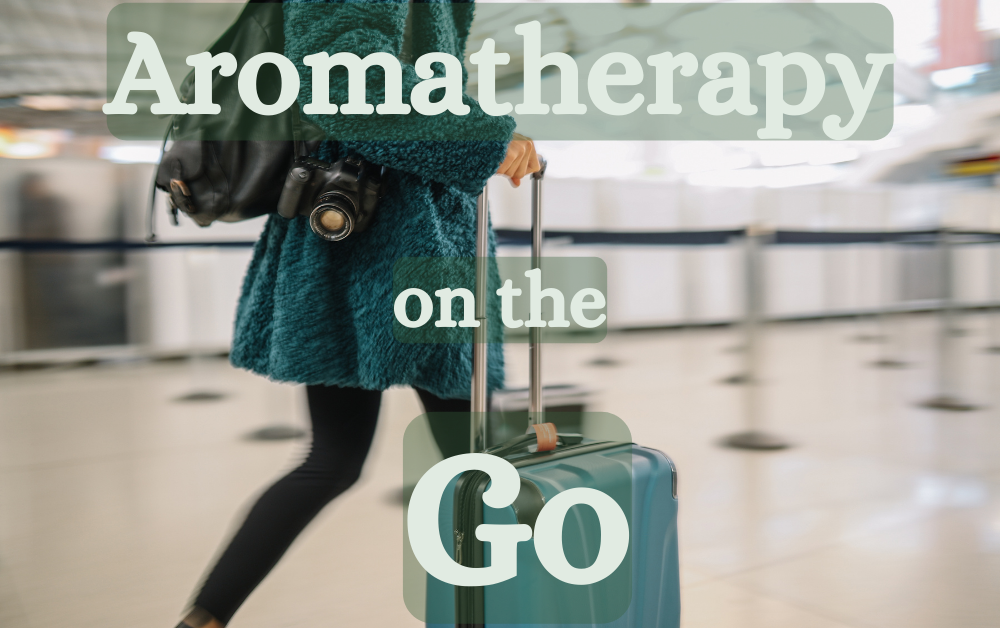
Personal Inhalers: Carry a portable inhaler with essential oils like peppermint or rosemary to combat fatigue and boost focus during a busy day.
Aromatic Jewelry: Wear diffuser jewelry, such as bracelets or necklaces with oil-absorbing pads, to enjoy the benefits of essential oils wherever you go.
Car Diffusers: Install a car diffuser to create a calming or invigorating atmosphere while driving. Consider using oils like bergamot or cedarwood for stress relief.
Desk Blends: Keep a small bottle of essential oil blend at your desk. Blend rosemary and lemon for concentration or ylang-ylang and bergamot for stress relief.
Aromatherapy in Self-Care
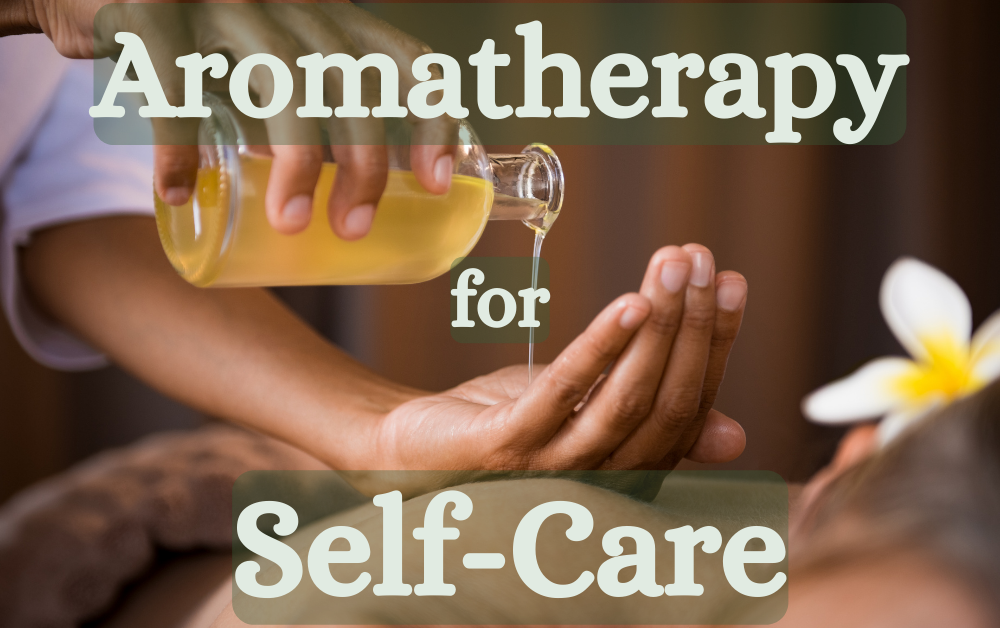
Massage Oils: Enhance your self-care routine with aromatherapy massage oils. Lavender and chamomile are excellent choices for relaxation.
Bath Bombs: Add aromatherapy bath bombs to your baths. Scents like eucalyptus and peppermint can ease muscle tension, while jasmine and rose can elevate your bathing experience.
Yoga and Meditation: Use essential oils like frankincense or sandalwood during yoga or meditation sessions to enhance mindfulness and spiritual connection.
Shower Steamers: Place shower steamers infused with essential oils in your morning shower for an invigorating start to the day. Scents like citrus or eucalyptus can help wake you up and boost your mood.
Incorporating aromatherapy into your daily life can be a delightful and beneficial practice, offering a variety of scents to suit your mood and needs. Whether you prefer to enjoy it at home, on the go, or as part of your self-care routine, aromatherapy can enhance your overall well-being and make your everyday experiences more enjoyable.
Safety Information
Please note, the International Federation of Aromatherapists do not recommend that Essential Oils be taken internally, unless under the supervision of a Medical Doctor, who is also qualified in clinical Aromatherapy. In addition, Essential Oils must be properly diluted before use, in order to avoid any damages to property or adverse physical effects (including injury or bodily harm).
This article is for information purposes only. All Ezzential Oils products are for external use only unless otherwise indicated. This information is not intended to diagnose, treat, cure, or prevent any disease, and it should not be used by anyone who is pregnant or under the care of a medical practitioner. Please refer to our policies for further details, and our disclaimer below.






